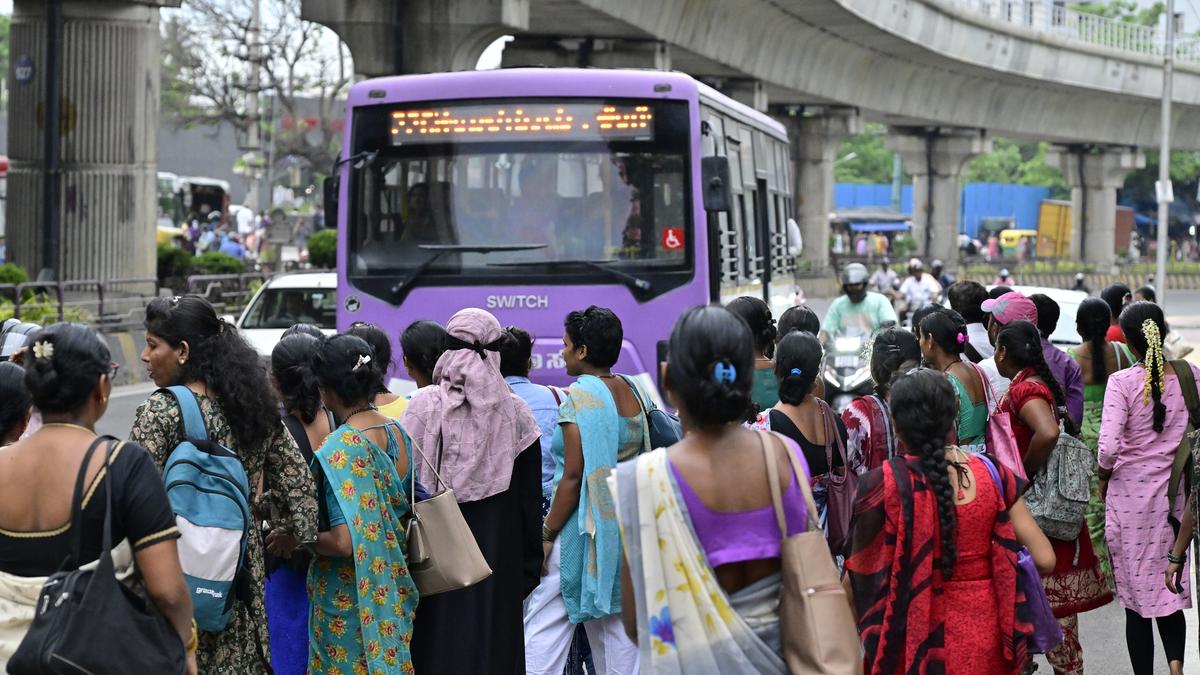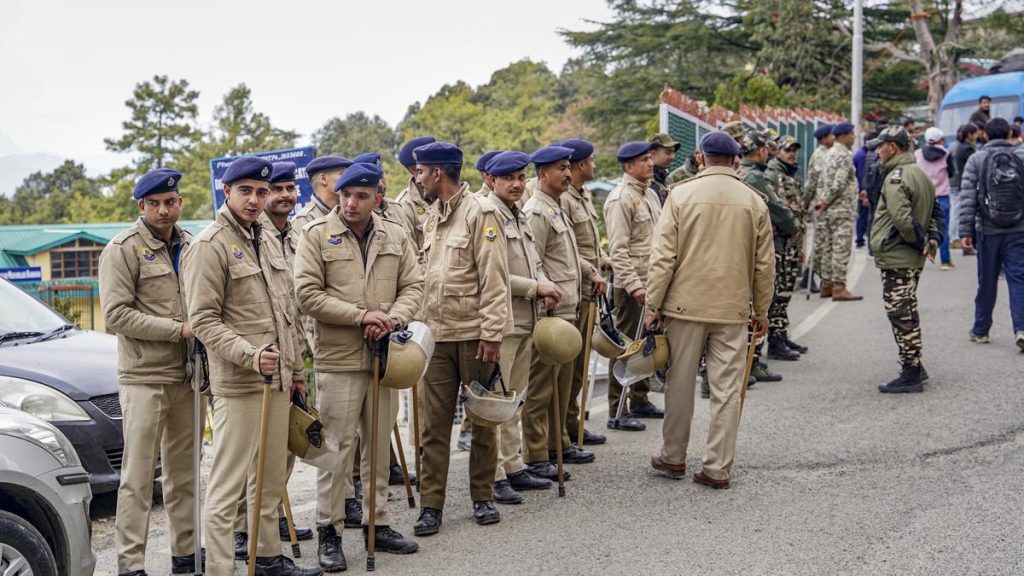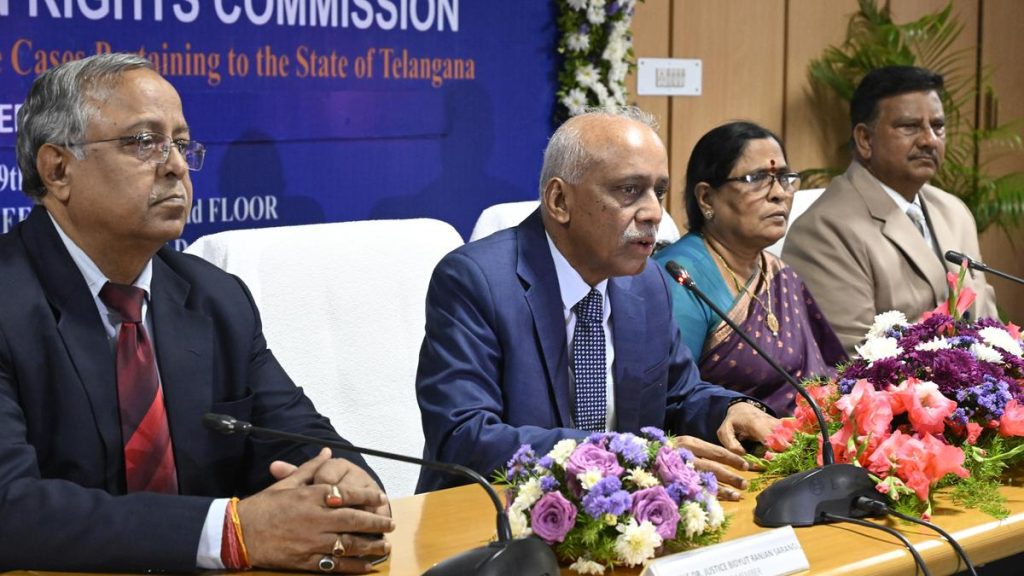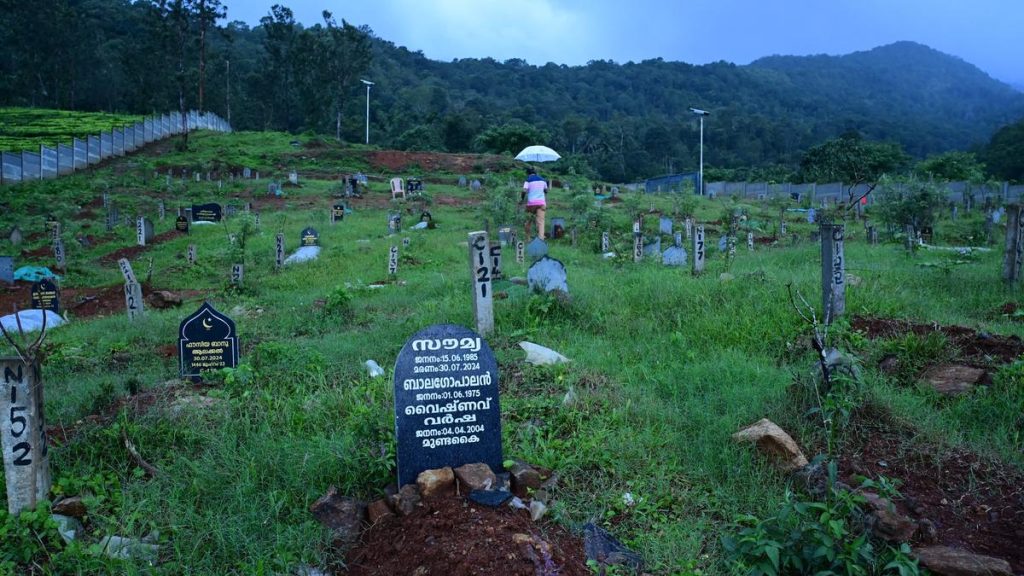Now Reading: Bus Fare Subsidy Helps Women Boost Savings, Invest More in Education: Study
-
01
Bus Fare Subsidy Helps Women Boost Savings, Invest More in Education: Study
Bus Fare Subsidy Helps Women Boost Savings, Invest More in Education: Study

Rapid Summary
- A survey covering five states in India revealed that women save 30-50% on transport costs in cities offering fare-free bus travel schemes, enabling greater spending on essential needs like food, healthcare, and children’s education.
- Fare subsidies have contributed to increased job opportunities for women.
- Cities with full bus fare subsidies reported meaningful shifts to buses among women; over one in four women switched to buses in places like Delhi, Bengaluru, and Hubballi-Dharwad.
- The report titled “Beyond Free Rides: A multi-State Assessment of Women’s Bus Fare Subsidy Schemes in Urban India”, commissioned by the Enduring Mobility Network and prepared by Nikore Associates, assessed subsidy programs across 10 cities in Delhi, Karnataka, Kerala, west Bengal, and Maharashtra.
- Partial subsidy schemes offer limited savings (₹409-₹538 per month),often due to a misalignment between policy coverage and women’s actual travel patterns within city limits.
- Women living in cities without subsidies stated they would switch to buses if fares were made free (50%-67% surveyed).
- Employment outcomes vary based on the quality of urban infrastructure; reliable bus systems (e.g., Bengaluru) lead to higher employment improvements compared to constrained services (e.g., Mumbai).
- Safety concerns persist for female commuters regardless of subsidy status: perceived safety levels are higher in fully subsidized cities (~42-46%) versus partial or no-subsidy ones (~31%).
Read More: Beyond Free Rides Report
Indian Opinion Analysis
The findings underscore the potential socio-economic benefits of fare-free public transport policies tailored for marginalized groups like women. Financial relief from fully subsidized schemes not onyl reduces immediate transportation costs but opens paths for sustainable household budgeting and economic participation-direct links were observed between cost removal and job accessibility.
however, differences between cities highlight crucial factors influencing policy success: reliable infrastructure is key. The report shows employment gains are significantly tied not just to subsidies but also the availability and consistency of bus services-a challenge evident where fleets are insufficient or ticketing unreliable during peak hours.
Safety remains an urgent area needing intervention despite financial subsidies; perceived insecurity diminishes uptake irrespective of transport affordability.
Overall implications suggest that while fare subsidies can ease financial strain for many commuters-encouraging economic empowerment-they are most effective when coupled with infrastructural investments addressing service reliability and personal security concerns across india’s diverse urban landscapes.
























